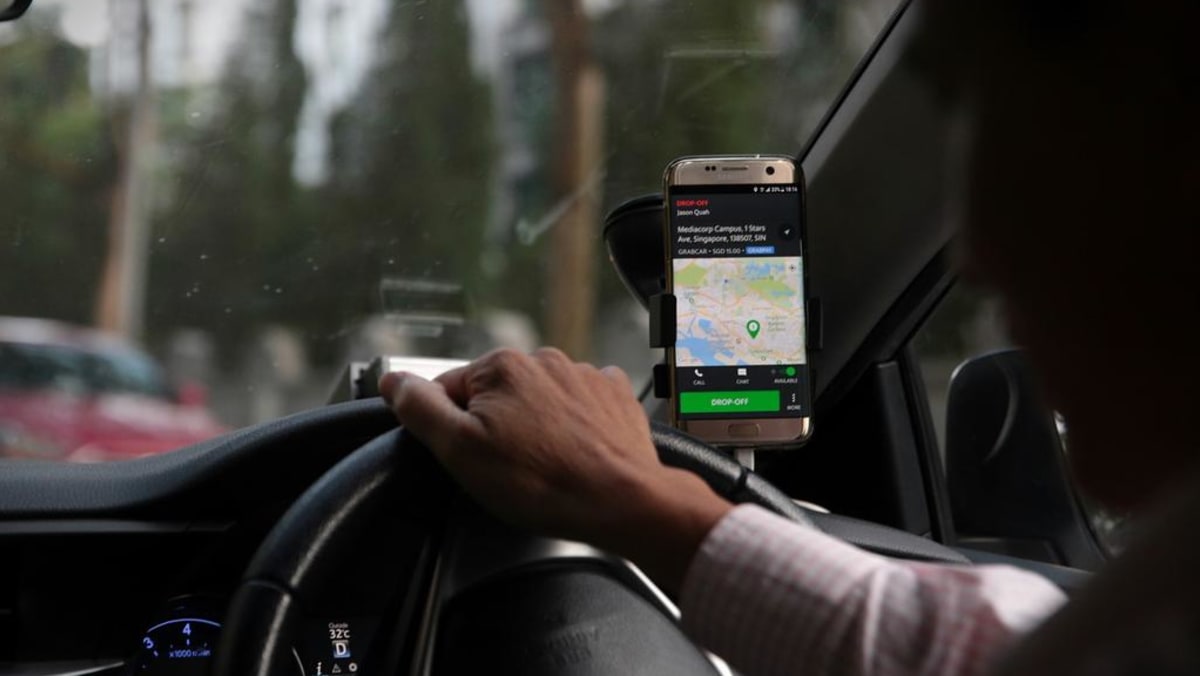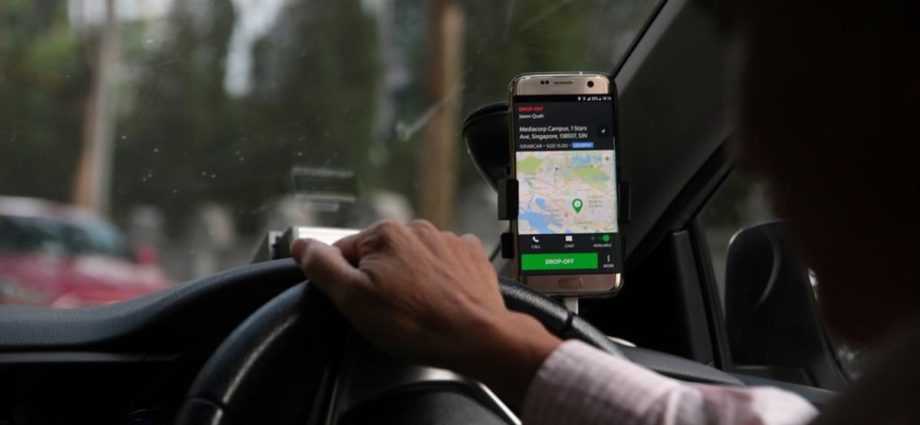
SINGAPORE: Despite the fact that she was licensed only to operate as a private-hire driver and not as a taxi driver, a woman picked up two passengers who flagged down her vehicle.
The vehicle was later involved in an accident, and the case came to court with the judge meting out a fine of S$2,300 (US$1,706) and a driving ban of 12 months.
These were for two charges that the Grab driver claimed trial to but was convicted of: For using a chauffeured private-hire car without a valid licence authorising her to use it as a taxi, and for using a private-hire car for gain or reward as a taxi public service vehicle when there was no related insurance policy in force.
According to a judgment published on Wednesday (Jun 7), Nandha Sharm Nair was driving her private-hire car on the night of Jan 27, 2022.
Two men were trying to flag down a taxi around MacPherson Road, and Nair, 45, stopped her car in front of them.
She agreed to ferry the men to Beatty Lane, which was about 15 minutes away, even though neither of the men had made a booking.
When they got to Beatty Lane, one of the men offered a S$50 note to Nair, asking for change. After negotiating, Nair collected S$25 from him.
While Nair was negotiating the price with one of the men, the other passenger alighted first and retrieved his vehicle. He then accidentally hit Nair’s car with his vehicle.
Court documents did not reveal how Nair’s offences were uncovered, but they did state that the passenger who caused the accident was investigated by the traffic police shortly after.
He was not ultimately convicted of any drink driving offence, despite Nair’s allegation that both her passengers could have been drunk at the time.
According to the Road Traffic Act, a vehicle cannot be used as a public service vehicle unless there is a valid licence authorising such use.
The main distinction between a private-hire car and a taxi is that a taxi can “ply for hire” while a private-hire car cannot, according to the judgment.
According to past case law, a vehicle moving along the roads looking for fares and stopping whenever it is hailed would clearly be plying for hire, said District Judge Soh Tze Bian.
“On the facts of this case, another useful consideration is to enquire whether there was a booking made before the trip, whether through a ride-hailing app or equivalent booking platform,” he said.
“If such a prior booking existed before the driver had any interaction with the prospective passenger, the vehicle would not be said to be plying for hire.”
In her defence, Nair said she had a booking that ended up being cancelled at the location where the two men had been standing by the side of the road.
She said she agreed to drive them “purely on compassionate grounds”, as the men said they had been waiting for almost an hour without a ride.
She asserted that there was no discussion of fees or monetary benefits when the men boarded her vehicle or during the journey, therefore she was not using her vehicle as a public service vehicle.
ACCUSED NOT A CREDIBLE WITNESS: JUDGE
Judge Soh agreed with the Land Transport Authority prosecutors that Nair was not a credible witness. He found her evidence “self-serving” and was seeking to exculpate herself from any liability for the offences.
He found that Nair had not ferried the two men out of compassion. He said Nair had stopped her vehicle in the first place to check on her cancelled booking, which suggests she was likely looking for passengers.
“She had obviously decided to pick up (the two men) as a replacement for her previous cancelled booking,” said Judge Soh.
He said it was clear that Nair had used the vehicle to ply for hire, without possessing a taxi public service vehicle licence.
“Taxis are regulated differently from private-hire cars and are subject to stricter standards. For instance, taxis undergo more frequent inspections and taxi drivers undergo more rigorous training,” said the judge.
“As such, a private-hire car should not be performing (street-hail) functions that only taxis are permitted to carry out. This is in the interest of safety, for both the driver and the passengers.”
He said Nair’s only mitigating factor was that she had no prior convictions.
For using a private-hire vehicle as a taxi without a valid licence, she could have been jailed for up to six months, fined up to S$3,000, or both.
For using a private-hire car for gain or reward as a taxi public service vehicle, she could have been jailed for up to three months, fined up to S$1,000 and banned from driving for 12 months.

